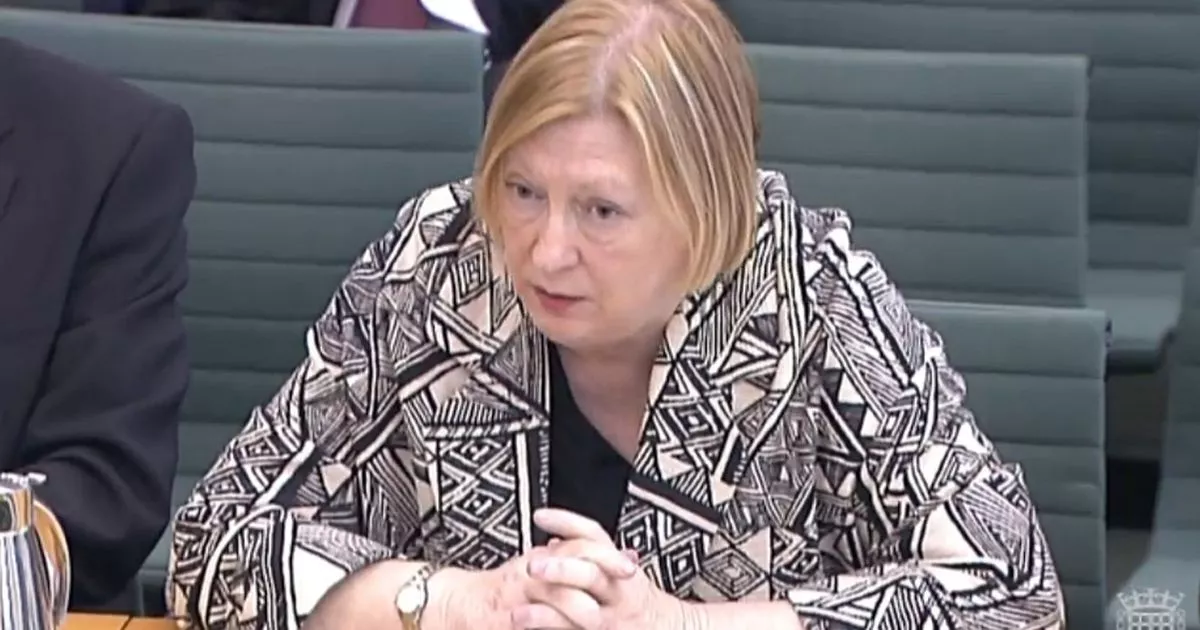
At the beginning of 2013, I was asked by Edwina Hart, the then Welsh Government Minister for the Economy, to lead an independent review of the availability of funding for SMEs (small to medium-sized enterprises) in Wales.
Supported by a voluntary advisory panel from academia and business, the aim of the review was to examine how effectively Welsh SMEs were being served by existing sources of funding, identify areas of challenge, and provide recommendations for action.
This included determining whether Welsh businesses were less successful in accessing bank funding compared to SMEs operating in other areas of the UK, what characteristics might explain any discrepancies identified, and what international best practice solutions might be considered for Wales.
As most of you are aware, the main findings from two detailed 30,000-word reports was that public sector financial support in Wales was fragmented and that Finance Wales, the organisation tasked with providing debt and equity finance to SMEs, was not fit for purpose in undertaking this task.
The review therefore recommended the creation of a new Development Bank for Wales that would develop an approach where there would be greater and more affordable funding made available for Welsh SMEs, working alongside the banks and other stakeholders to address a market failure in the provision of finance to SMEs.
However, what is easy to forget in achieving the goal of creating the development bank – a decision that was uniquely supported by all the political parties in Wales – is that the review made several other recommendations that have also had a significant impact on Welsh businesses.
For example, another aim of the review was to examine how UK Government initiatives can benefit Welsh businesses’ ability to access finance.
At the time, there was enormous interest in promoting start-up businesses and the UK Government had, a year prior to the review, launched the Start-Up Loans programme which would provide 18–30-year-olds living in England who want to start a business with low-cost loans and expert advice from mentors. The scheme offers unsecured loans of around £2,500, charged at a 6 per cent interest rate and repayable within five years
When I finalised the first report on access to finance, it was reported that the scheme had provided around 3,000 young entrepreneurs with £13m in start-up capital and, given its success, would be extended to all age groups across England.
However, we found that Wales did not (or could not) participate in the Start-Up Loan initiative even though it did not have any specific loan programmes for Welsh new businesses. Given that start-ups that create most jobs in the economy, there was a major policy vacuum in addressing the lack of finance to new Welsh businesses.
We therefore recommended that Wales should either develop its own funding programme or, preferably, get access to the Start-Up Loans programme operating in England. Civil servants were then tasked with making this happen and on the 14th October 2013, the UK Government funded Start Up Loans programme was introduced in Wales. It would form an integral part of the Welsh Government’s Business Start-Up Service and be administered through the existing Business Wales provider network.
A decade on, what has been the impact of this policy development that came as a direct result of the Access to Finance Review?
According to the British Business Bank, which is now responsible for the Start Up Loans programme, more than £46m has been granted to 4,500 new firms across Wales, with more than two-thirds of this going to start-ups based outside the three main urban conurbations of Swansea, Cardiff, and Newport.
As a result, it has supported a higher proportion of ethnic minority businesses than expected and has helped women to get the vital funding to set up their own business, something which has been recognised as a major problem by various studies. And whilst its original remit has been extended to every age group, 10% of the new firms funded by the programme in Wales were started by young people.
Clearly, more can be done in ensuring that a higher proportion of new Welsh firms can gain access to this funding, but it is fair to say that the Start Up Loans programme has helped those businesses that had few alternatives for financial support at the time.
Therefore, whilst the most significant result from the Welsh Government’s access to finance review was the creation of the UK’s first development bank here in Wales, I am also proud that the research we undertook at the time identified the gap in support for start-ups that was not being addressed by business support bodies.
More importantly, it also led directly to the adoption of a UK Government programme that, over the last ten years, has had a significant impact on the availability of funding for Welsh start-ups.





